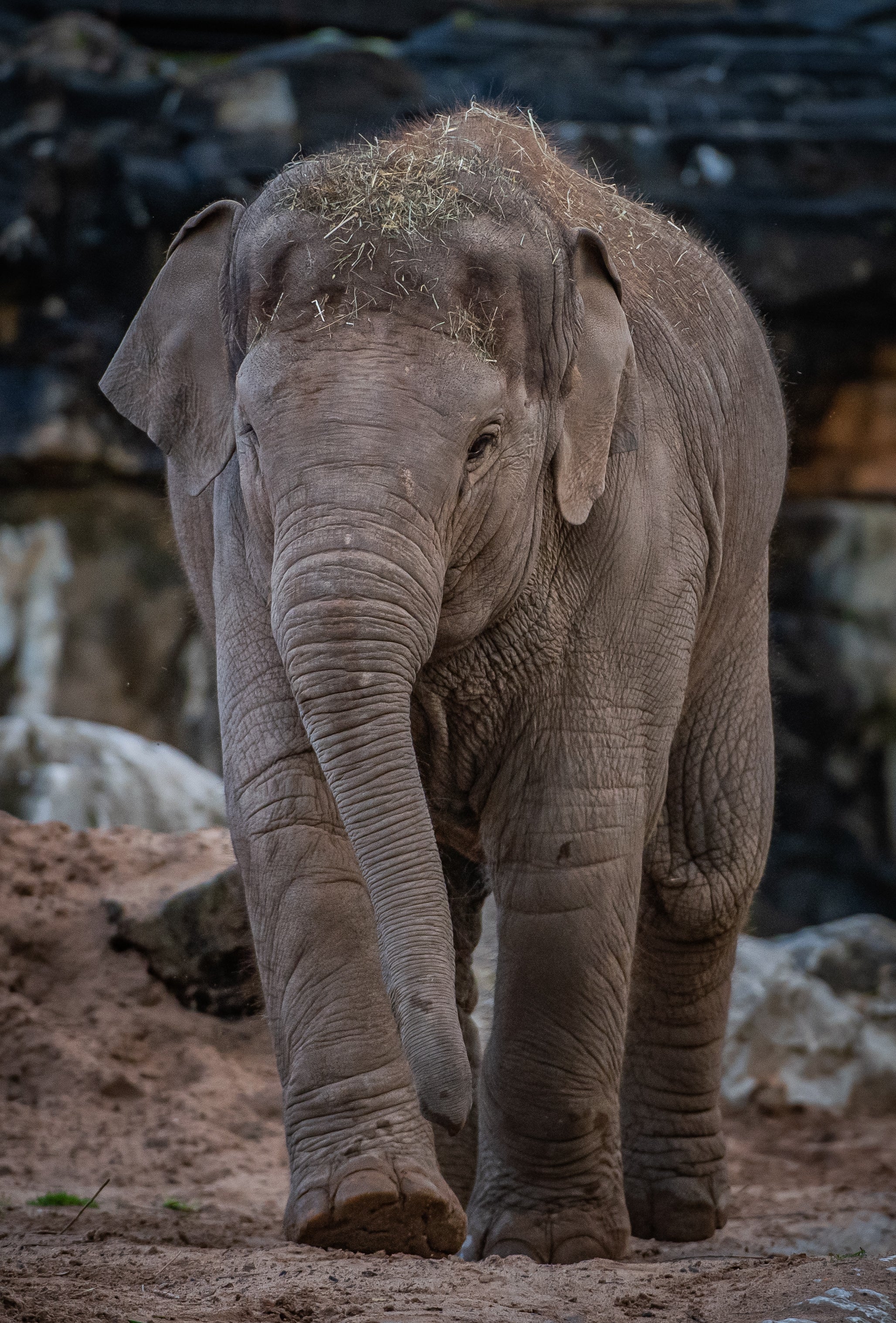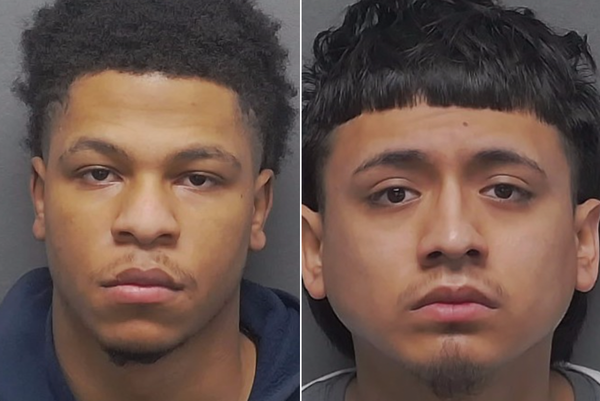
An international team of vets has made a breakthrough in a vaccine trial for a virus that killed seven elephants at Chester Zoo.
Elephant endotheliotropic herpesvirus (EEHV) is a leading cause of death for young Asian elephants, both captive and wild, with no cure. Trials with adult elephants at Chester Zoo found a new vaccine safely triggered a strong immune response. The team (University of Surrey, Chester Zoo, Animal and Plant Health Agency) observed no side effects.
This follows five young elephants dying at the zoo from the virus in 2015, including calves Bala and Hari.
Then, in 2018, three-year-old Nandita Hi Way and 18-month-old Aayu Hi Way succumbed to EEVH despite teams trying to save their lives through “groundbreaking” blood transfusions.

Professor Falko Steinbach, senior author of the study and a veterinary immunology professor at the University of Surrey, said: “This is a landmark moment in our work to develop safe and efficacious vaccines.
“For the first time, we have shown in elephants that a vaccine can trigger the type of immune response needed to protect them against EEHV.”
As part of the study, published in Nature Communications on Friday, the elephants received a two-step vaccination – one vaccine carrying a harmless form of the virus and a second booster to strengthen the response.
The team then tested blood samples, including a method to see which immune pathways were switched on – marking the first time this sort of systemic immune profiling has been carried out in elephants.
The results suggest the vaccine could prevent deadly EEHV in calves – the group most at risk – and support conservation breeding programmes worldwide, the team said.
The researchers have been developing the vaccine for several years, delivering the first dose to an elephant at Chester Zoo in 2021.
Dr Tanja Maehr, lead author of the study from the Animal and Plant Health Agency, said: “Our findings give real hope that vaccination can become a practical tool for preventing severe disease and death due to EEHV.
“The next step could be to trial the vaccine in calves and in range countries, so we can begin to protect those most at risk.”
Dr Katie Edwards, lead conservation scientist at Chester Zoo, called the publication a “watershed moment”.
“EEHV has taken the lives of so many elephants, both in human care and in the wild, but this vaccine offers hope,” she added.
“We can’t yet say this will be the end of EEHV deaths, but we have taken a massive step towards that goal.”
Asian shares are mixed as tech shares lead Wall Street ticks to more records
A well-defined leadership hierarchy makes for no surprises in next president of Mormon church
Asian shares track Wall St's rise as tech shares advance and investors shrug off the US shutdown
Researchers just unleashed microbes trapped in Arctic ice for 40,000 years
Dangerous and energetic sex lives could be why males die earlier than females
Scientists discover tool that could detect geological events before they strike







